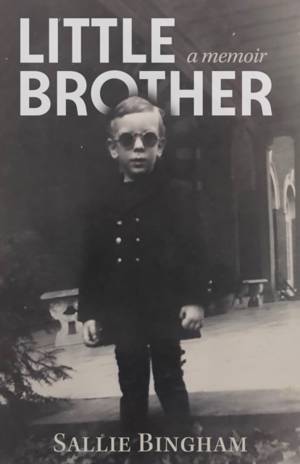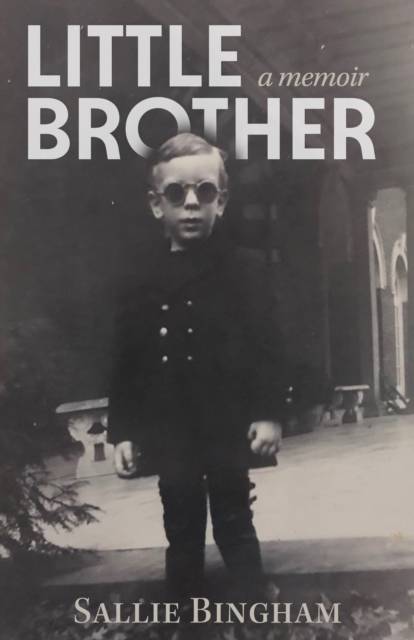
- Retrait gratuit dans votre magasin Club
- 7.000.000 titres dans notre catalogue
- Payer en toute sécurité
- Toujours un magasin près de chez vous
- Retrait gratuit dans votre magasin Club
- 7.000.000 titres dans notre catalogue
- Payer en toute sécurité
- Toujours un magasin près de chez vous
Description
Readers familiar with Sallie Bingham's 1989 memoir, Passion and Prejudice, will remember her provocative chronicle of the Bingham family saga, cited by Gloria Steinem as "a major step toward feminist change and democracy."
In Little Brother, she reflects on just one of her siblings: the youngest son Jonathan and his all-too brief life. The book begins with a count she calls her "dreadful list" of nine close relatives who died by accident, suicide, overdose, exposure to the elements, and electrocution, all before the age of 50. Jonathan was only twenty-two years old when he climbed a pole, hoping to rig up some lighting for a barn party and, by some fluke, grabbed a live wire. But even before his fatal fall to the ground, the boy suffered from insecurity, isolation, and difficulty relating to his large family. Bingham draws from archived material, chief among them the young man's journal and letters. She writes his short history with obvious affection and tenderness, along with more than a dash of survival guilt. Little Brother is a moving and honest new work.
Spécifications
Parties prenantes
- Auteur(s) :
- Editeur:
Contenu
- Nombre de pages :
- 176
- Langue:
- Anglais
Caractéristiques
- EAN:
- 9781946448989
- Date de parution :
- 17-05-22
- Format:
- Livre broché
- Format numérique:
- Trade paperback (VS)
- Dimensions :
- 138 mm x 214 mm
- Poids :
- 204 g







